1. Sneaking into an R-rated Movie
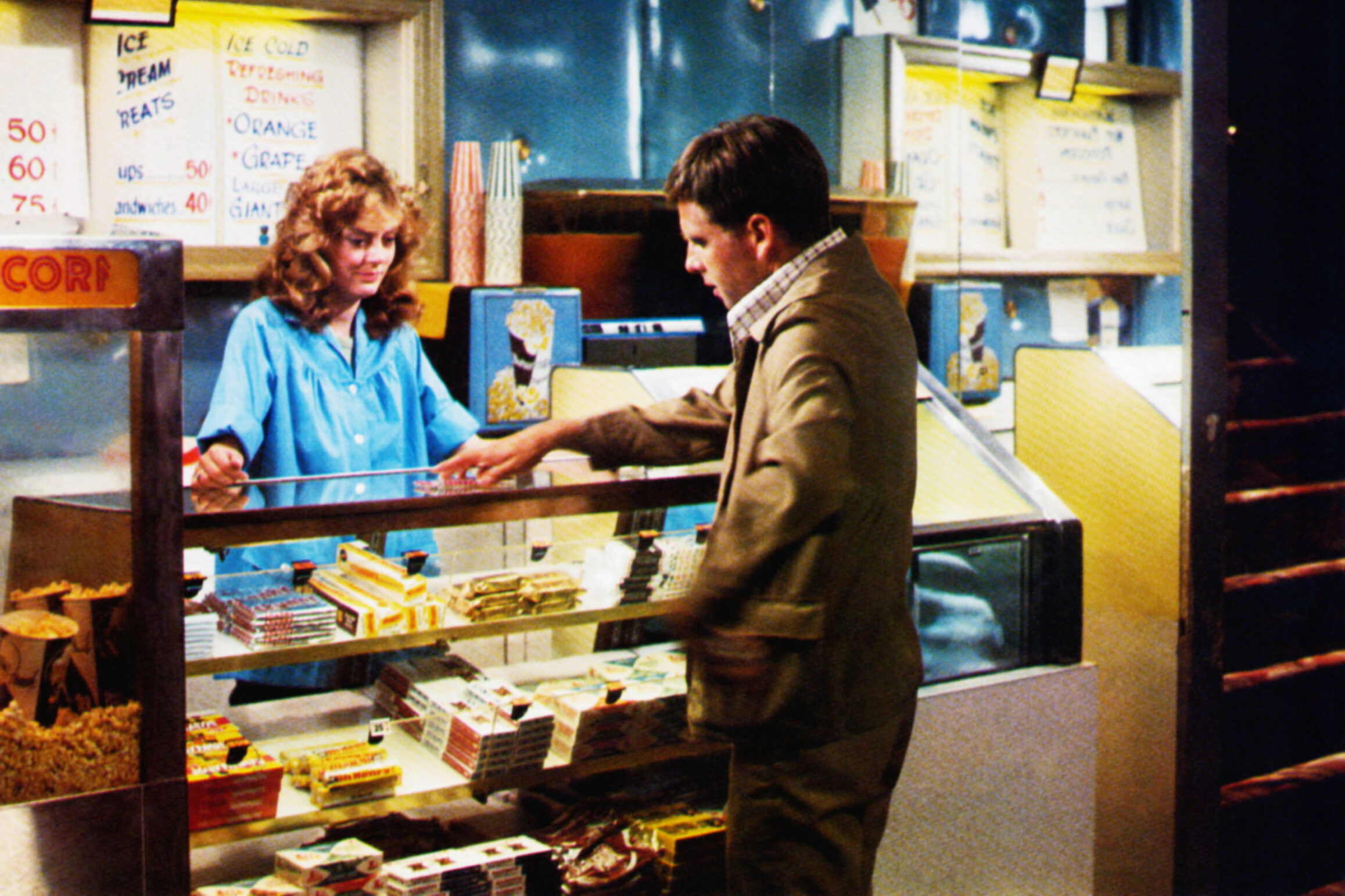
Back in the ’70s, a lot of us found ourselves peeking around the corner at the box office, hoping the ticket guy wouldn’t ask for proof of age. It wasn’t that we wanted to rebel—we just didn’t want to miss out on the latest thriller or edgy comedy our older cousins couldn’t stop talking about. The idea of fibbing to a stranger felt kind of harmless at the time, even though deep down, we knew it was a test of honesty shares Parents.
The moment of truth came when the cashier looked you up and down and asked, “How old are you?” That split second before answering felt like an eternity. Some of us lied and slid in, hearts pounding. Others walked away, proud of taking the high road. Either way, it stuck with you longer than the movie did adds VOA.
2. Laughing at Inappropriate Jokes
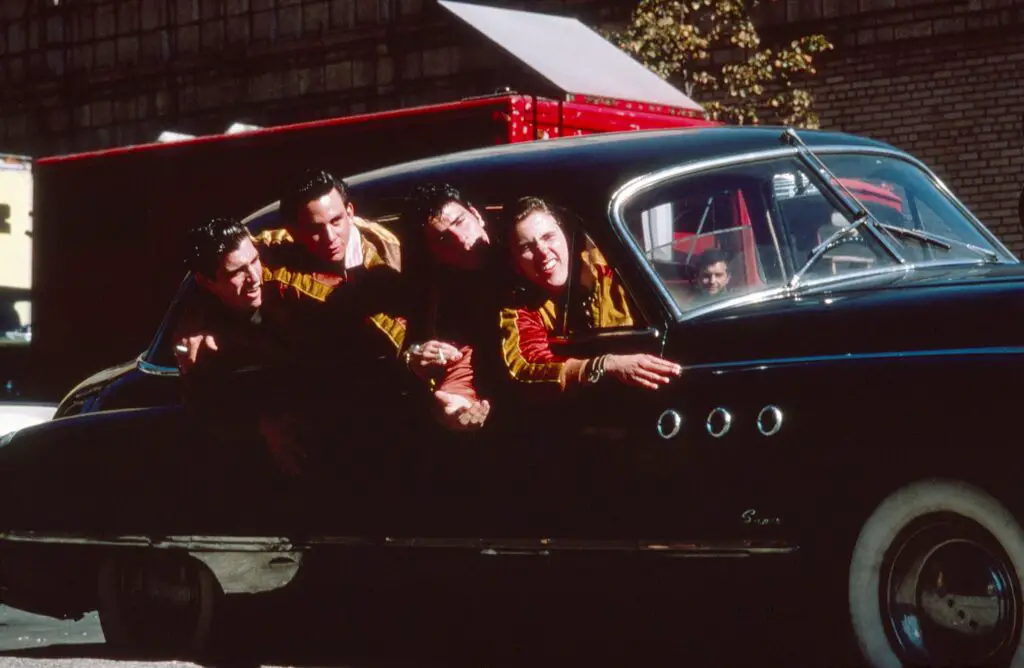
Whether it was during lunch or on the school bus, someone was always telling a joke that pushed the limits. As teens, we weren’t always sure what was okay to laugh at and what crossed the line. Sometimes, you’d chuckle just to fit in—even if it made your stomach twist a little says Quora.
Looking back, those moments felt like little crossroads. Did we speak up? Did we stay quiet? Most of the time, we just tried to blend in. But those choices shaped how comfortable we became with standing up for what felt right, even when it wasn’t the popular move shares the U.S. Dept. of Education.
3. Cheating on a Pop Quiz
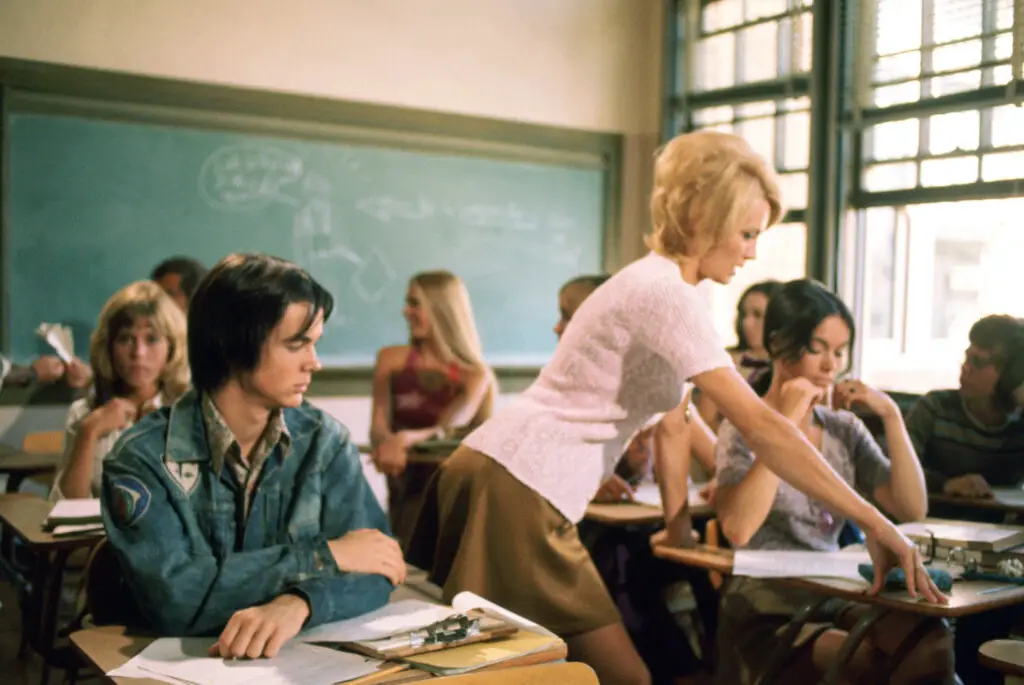
You forgot to study, your palms were sweaty, and your friend was just sitting there, paper tilted a little too invitingly. It was the ultimate test of willpower—do you sneak a peek or accept the bad grade? Every teen faced it at some point, even if only for a second.
Some of us gave in, convinced it didn’t really matter. Others stared down at the blank page, chewing our pencils in defeat. But in hindsight, those little decisions built our own quiet rules about fairness. We were deciding what kind of person we wanted to be, right there in math class.
4. Deciding Whether to Smoke
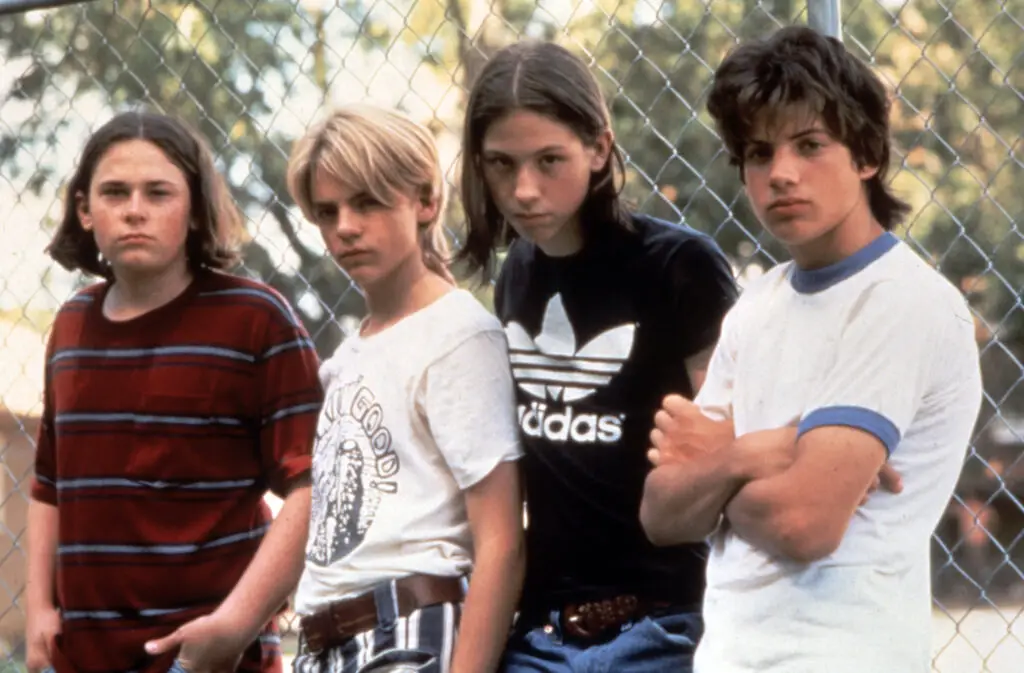
Cigarettes were everywhere in the ’70s—at parties, in movies, even at some school hangouts. You’d be offered one casually, like it was no big deal. And for teens, especially those trying to find their place, it was hard to say no without feeling like a square.
It wasn’t just about health—it was about fitting in, defying parents, and testing limits. Saying no sometimes meant ridicule, but it also meant strength. If you said yes, maybe you regretted it, or maybe you kept going for a while. Either way, the choice stuck with you.
5. Lying to Your Parents About Where You Were
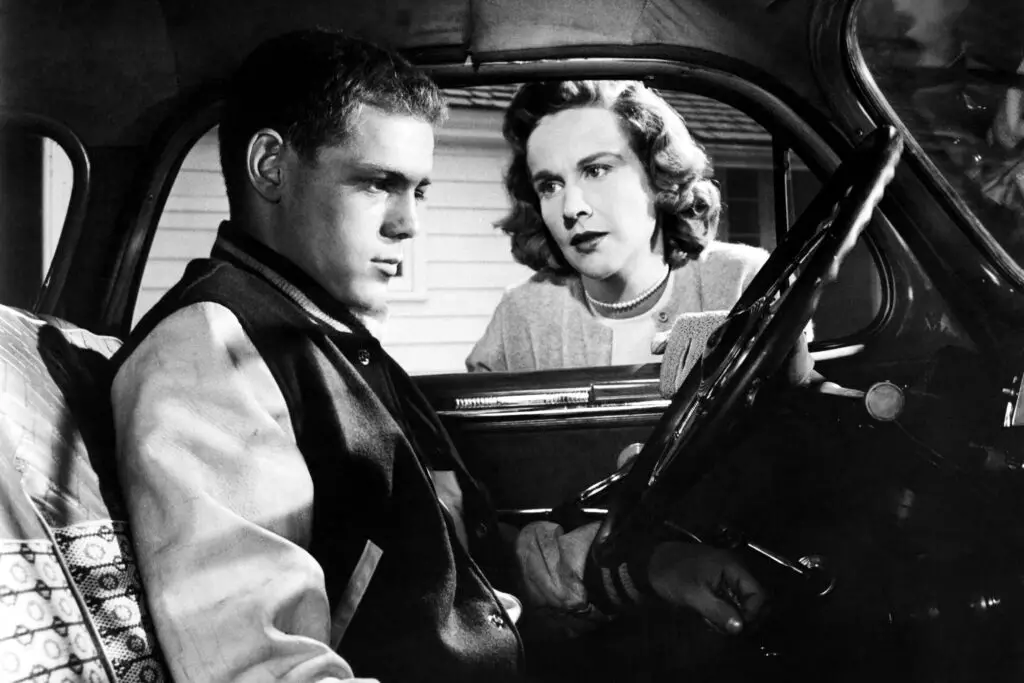
A lot of us did this with a straight face and a side of guilt. You’d say you were going to the library, but really, you were heading to a concert or someone’s basement party. The lie always felt justified in the moment—after all, they’d never understand, right?
But when you got home and looked them in the eyes, something tugged at your conscience. Sometimes they knew, sometimes they didn’t. The big question was whether the freedom was worth the dishonesty. And for many of us, it was the first real tug-of-war between independence and integrity.
6. Choosing Whether to Stand Up for a Friend
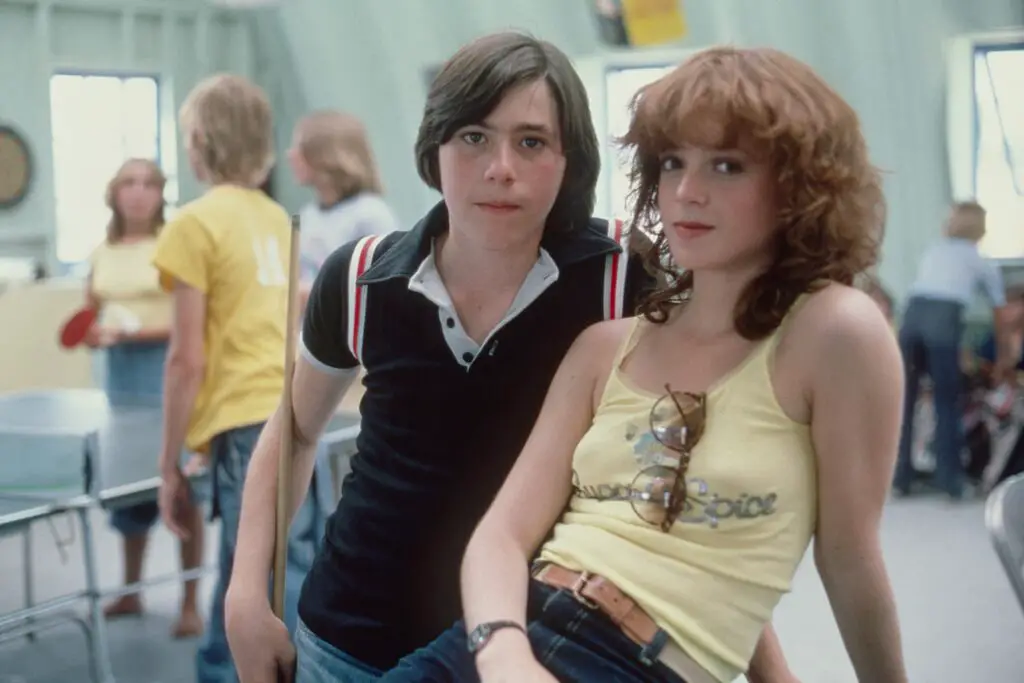
Everyone remembers the moment when a friend got picked on and the room went quiet. Maybe it was a cruel nickname or a shove in the hallway. You could laugh with the others, keep quiet, or speak up.
It felt like such a small choice at the time, but it echoed loudly later. If you said something, you risked becoming the next target. If you didn’t, your silence sat heavy on your shoulders. Many teens learned what loyalty looked like in those moments—messy, complicated, and real.
7. Giving Into Peer Pressure at Parties
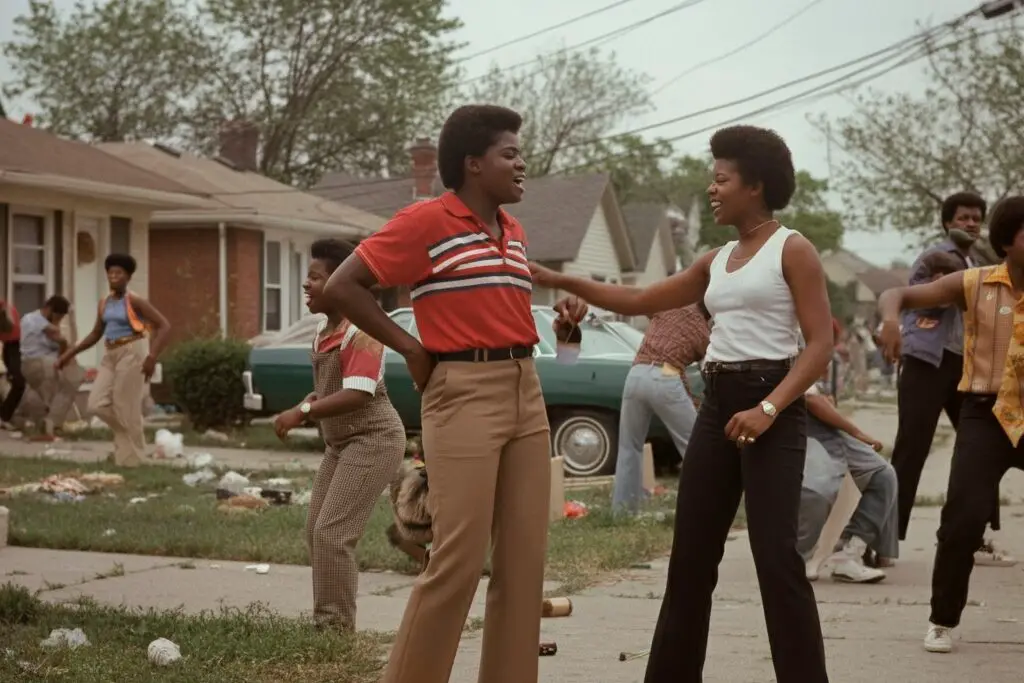
House parties in the ’70s were wild territory—music blasting, lights low, and grown-ups usually nowhere in sight. You’d walk in and suddenly be offered a drink or something stronger. Everyone else seemed to be going along with it, so the pressure felt huge.
In that moment, you weren’t just deciding whether to try something risky. You were choosing between what you felt was right and what you thought others expected of you. Some went with the flow, others made excuses. And no matter the choice, it taught you a little more about yourself.
8. Stealing Something Small
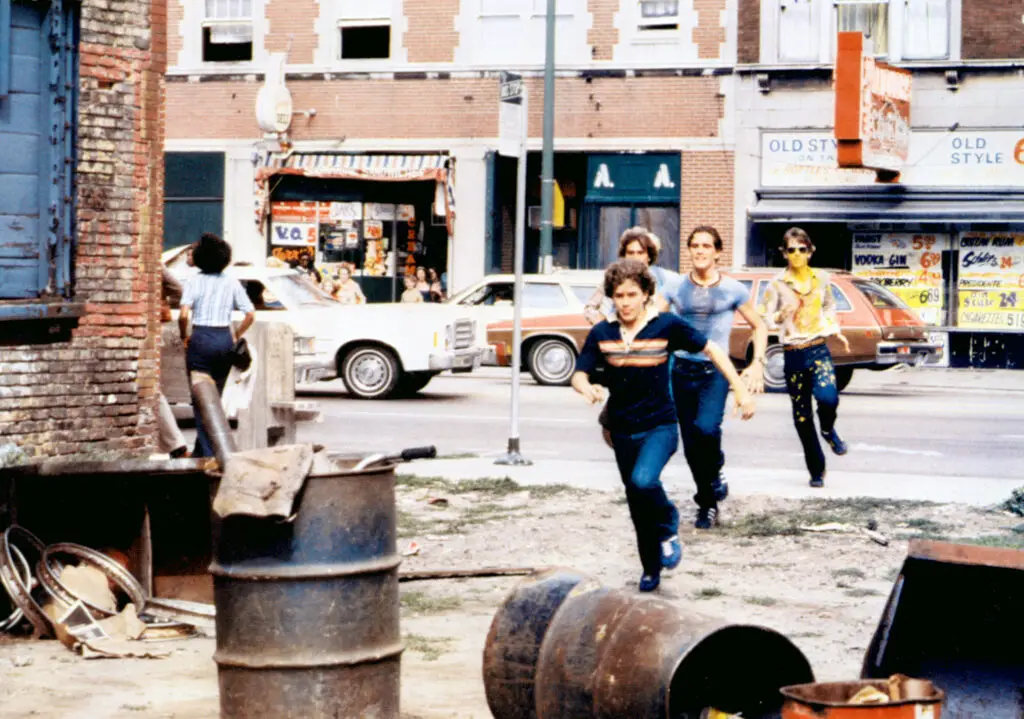
Maybe it was a pack of gum, a magazine, or a button from the record store. It wasn’t about needing it—it was about daring yourself to do it. For teens, it felt like a thrill, a secret test of courage.
But after the rush wore off, a lot of us were left with this weird guilt. We’d glance at the item later and wonder why we even did it. Some kids fessed up, some just shoved it in a drawer and tried to forget. Either way, it was one of those moments where our conscience quietly knocked.
9. Turning in Someone Else’s Work

Group projects weren’t always fair. Maybe you let someone else write the whole thing and still signed your name. Or maybe you copied a paragraph from a friend and hoped the teacher wouldn’t notice. It was tempting when time was tight and expectations were high.
Still, it didn’t feel quite right, did it? Deep down, most of us knew we weren’t earning that grade honestly. Some tried to justify it—”Everyone does it,” or “I was just borrowing.” But that decision left a little crack in our pride that we couldn’t totally shake.
10. Saying Something Mean to Fit In
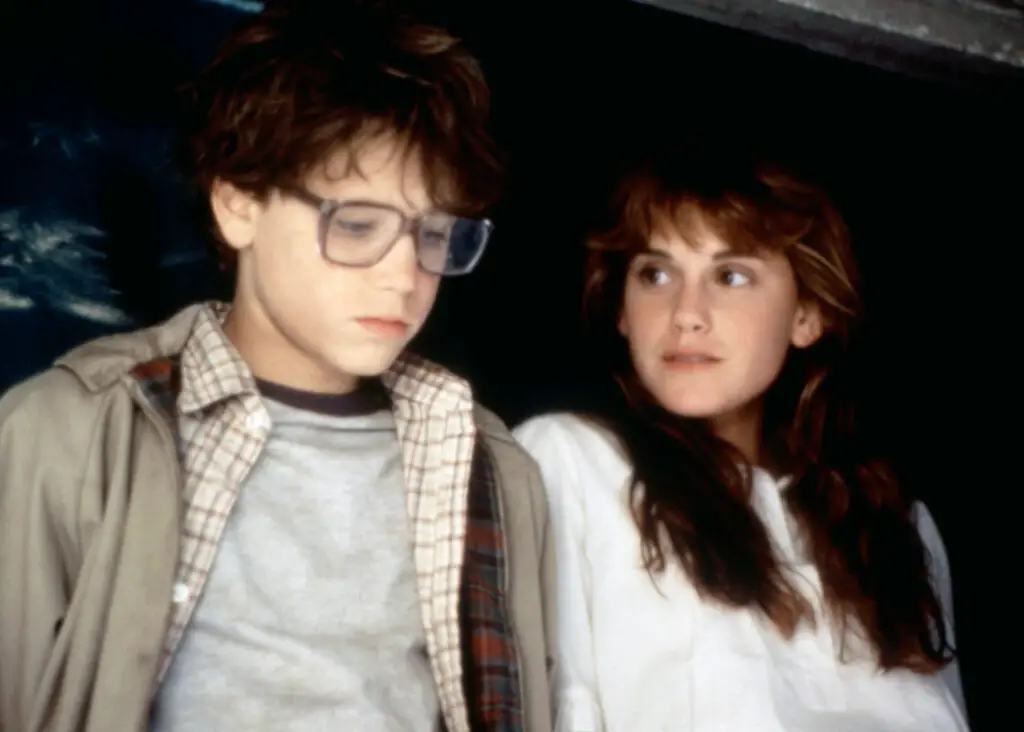
You didn’t even really mean it. But when everyone started teasing someone else, the words came out of your mouth, too. Maybe it was to get a laugh or keep attention off yourself. But afterward, it didn’t feel so funny.
That moment stuck, especially when you saw the look on the other person’s face. You started to realize how much words could hurt. Some apologized later, others carried the weight quietly. It was a lesson in empathy that hit harder than any lecture ever could.
11. Throwing Someone Under the Bus

You were caught doing something wrong, and the blame was just sitting there—ready to be passed along. Maybe it was your sibling, a classmate, or a friend. Pointing the finger felt like the easy way out.
But afterward, the guilt could hang around like a shadow. You’d think about how it made the other person feel. Sometimes you got away with it, but the cost was your own sense of fairness. And that realization could sting worse than the punishment you dodged.
12. Ignoring Someone Who Needed Help
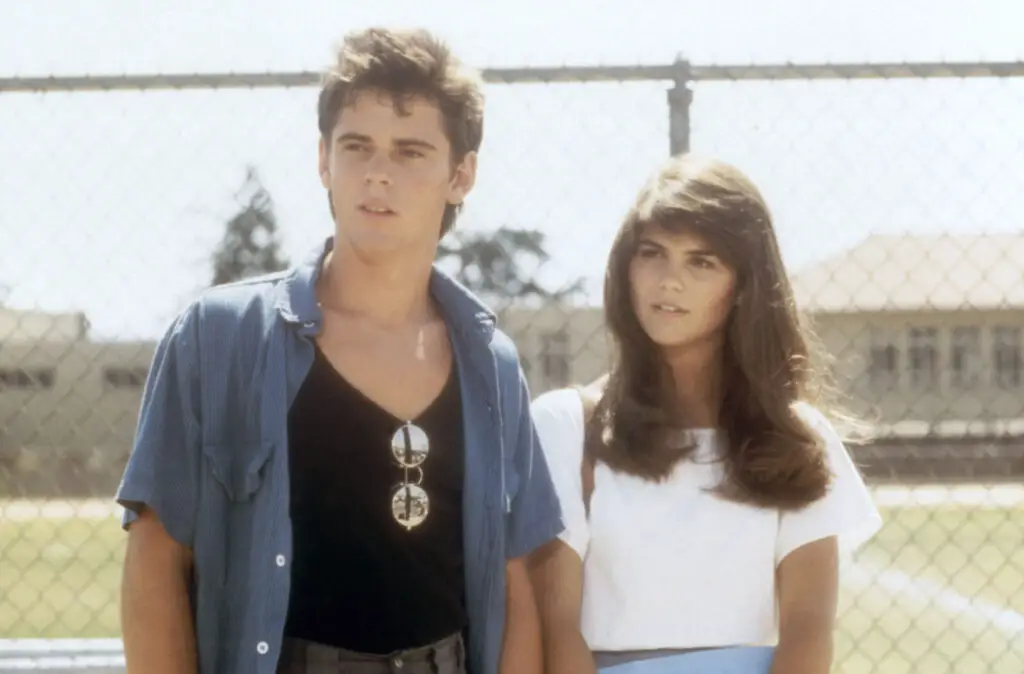
Walking by someone crying in the hallway or being picked on was awkward. You didn’t know what to say, and the fear of getting involved kept you still. It was easier to pretend you didn’t notice.
But later, you’d replay the scene in your head and wonder if you should’ve said something. Those moments taught us about compassion—when to step in, and when silence speaks volumes. For many teens, it was their first brush with what it means to be an ally, even when it’s uncomfortable.
13. Sneaking Around Rules at Work
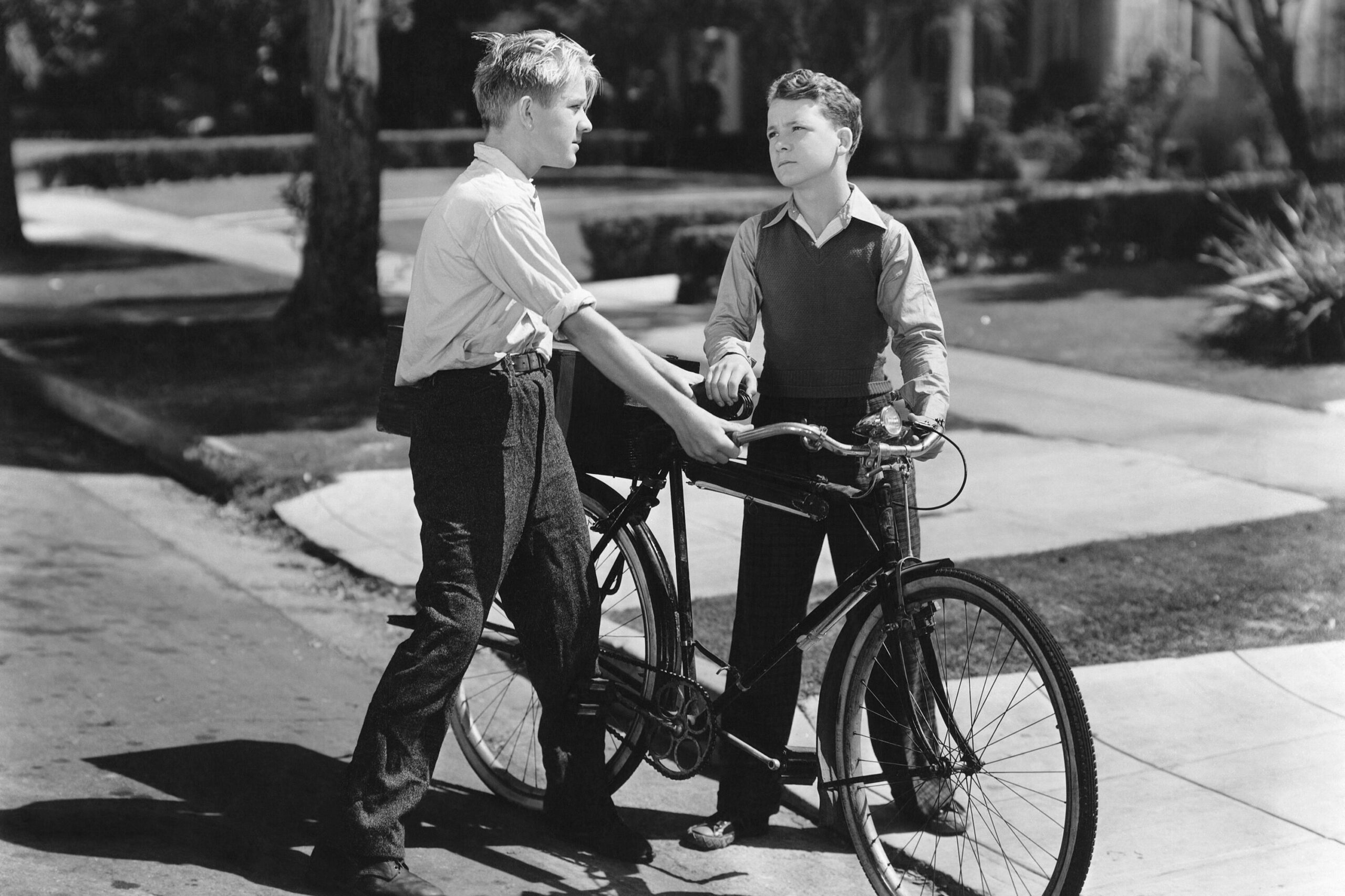
Your after-school job probably wasn’t glamorous—maybe a fast food joint or the corner store. When the boss wasn’t looking, it was easy to bend the rules a bit. Giving friends a free soda, clocking in a few minutes early, or taking an extra-long break seemed harmless.
But every small act came with a moral nudge. Was it stealing? Was it fair? Those jobs introduced us to a whole new level of responsibility. And for the first time, we saw how our choices affected more than just ourselves.
14. Telling a White Lie to a Teacher
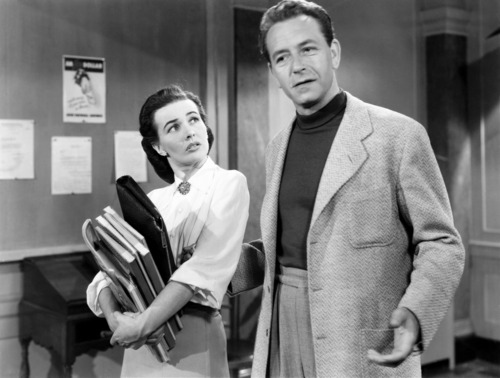
You forgot the homework—or didn’t do it—and the excuse was already forming before you walked in the room. Maybe you said your dog ate it or there was a family emergency. Teachers were used to it, but that didn’t make it right.
Some of us felt a pang of guilt as we told the lie, watching their face for signs they believed us. Others became skilled at spinning tales, until it felt too easy. But when the truth eventually came out—or didn’t—the memory stayed. It made us question how far we’d go to cover a mistake.
15. Breaking Up With Someone the Wrong Way
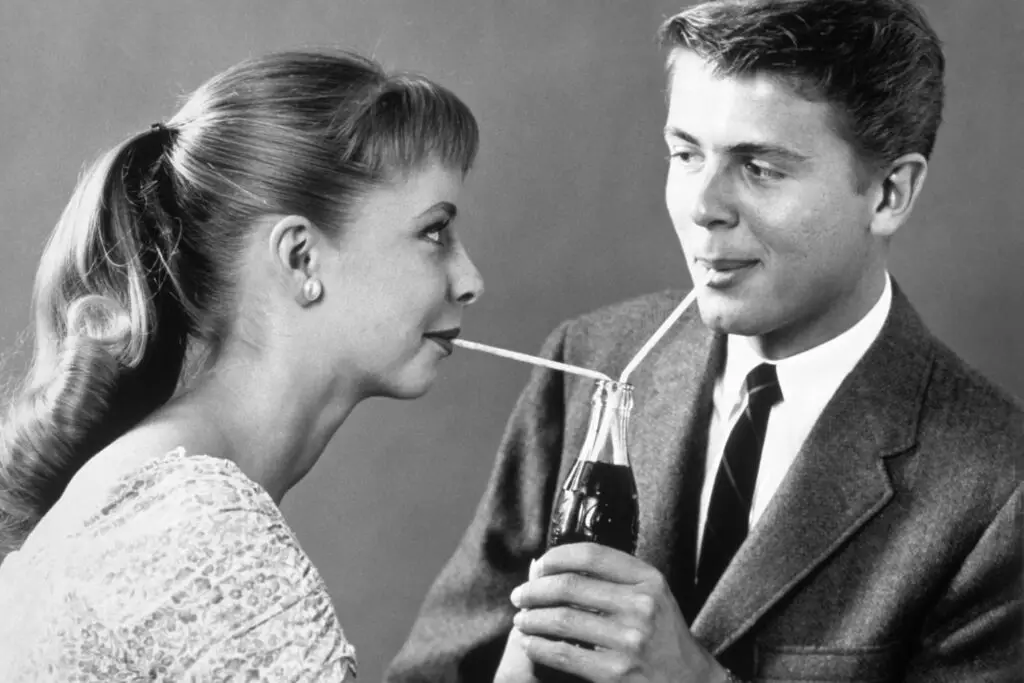
High school relationships were fragile and confusing. Maybe you liked someone else, got bored, or just didn’t know how to handle it. So instead of being honest, you ghosted them, lied, or had a friend deliver the message.
It was a test of kindness we didn’t even realize we were taking. Breakups hurt no matter what, but the way we handled them said a lot about our emotional maturity. Years later, some of us still remember how we ended things—or how someone ended things with us. And we learned that kindness in hard moments matters most.
